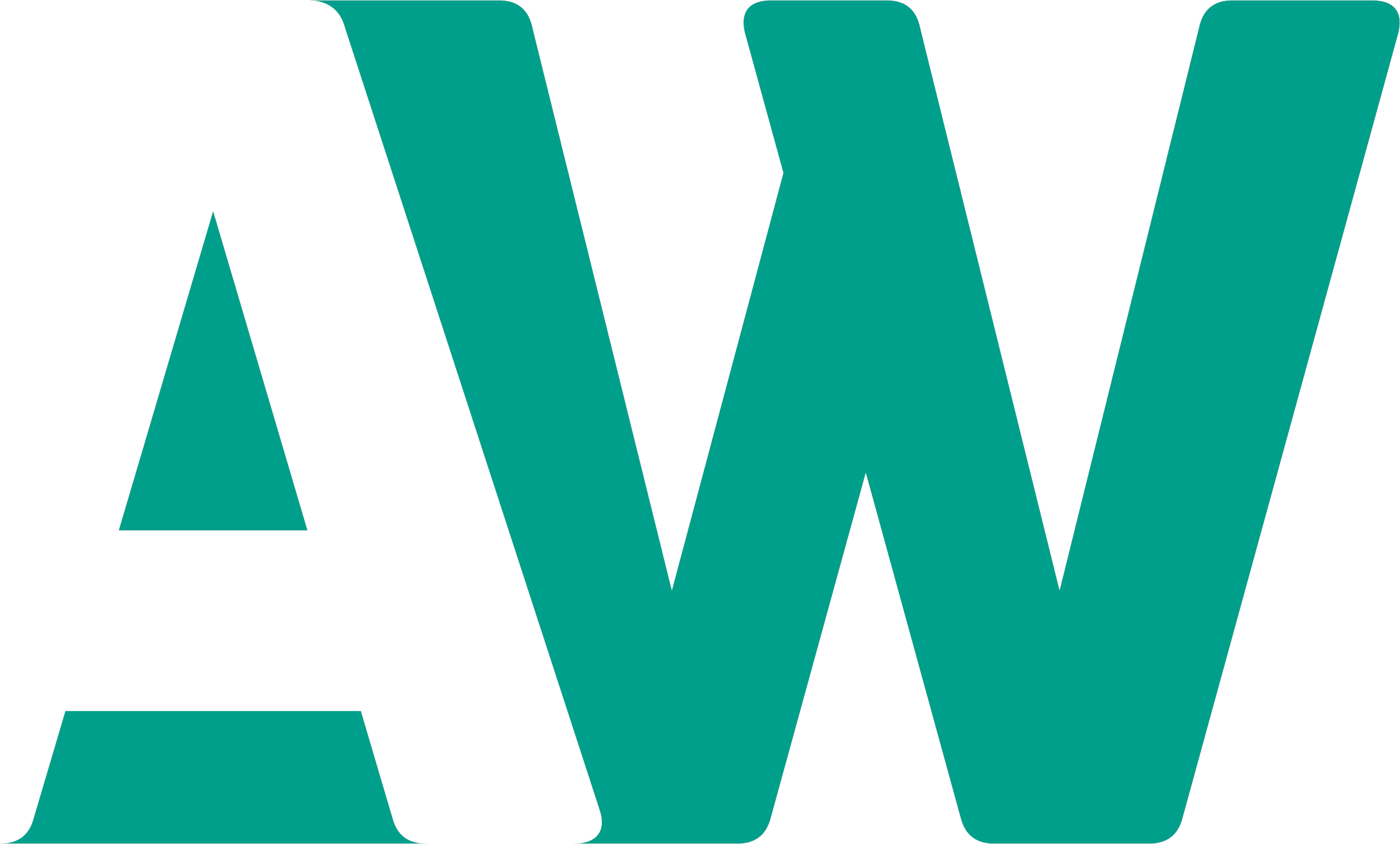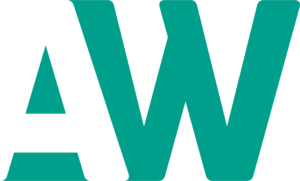Employers who provided taxable expenses and benefits to employees in 2019/20 need to tell HMRC about them by 6 July 2020, if they have not opted to tax them via the payroll.
Non-payrolled taxable expenses and benefits are reported to HMRC on form P11D. Employers must also file a P11D(b) by the same date. This is the employer’s declaration that all required P11Ds have been submitted, and also the statutory Class 1A return.
Taxable value
The taxable value of the benefit is normally the cash equivalent value. However, where the benefit has been provided under an optional remuneration arrangement, such as a salary sacrifice scheme, and is one to which the alternative valuation rules apply, the taxable amount is the relevant amount. Broadly, this is the salary foregone where this is higher than the cash equivalent value calculated under normal rules.
Exempt benefits
Benefits and expenses that are exempt from tax do not need to be included on the P11D. However, remember to check that all associated conditions have been met.
The exemption for paid and reimbursed expenses means that no tax liability arises where the employer meets or reimburses expenditure which would have qualified for tax relief if met by the employee. Paid and reimbursed expenses falling within the scope of the exemption do not need to be reported on the P11D.
PAYE Settlement Agreements
An employer can use a PAYE Settlement Agreement (PSA) to meet the tax liability on certain benefits and expenses on the employee’s behalf. Items included in a PSA do not need to be returned on the P11D. A PSA is a continuing agreement and remains in place until revoked. Review PSAs before 6 July 2020 to ensure they remain valid and to add any new items that you wish to include.
Payrolled benefits
Employers can opt to tax benefits through the payroll (‘payrolling’) instead of reporting them to HMRC on the P11D. This option is available for all benefits excluding low-interest and interest-free loans and living accommodation. However, the employer must register before the start of the tax year to payroll.
Payrolled benefits do not need to be included on the P11D; however if other benefits are also provided, these must be included.
Remember to include payrolled benefits in the calculation of the Class 1A liability on the P11D(b).
Online or paper forms
Expenses and benefits returns can be filed online using HMRC’s Expenses and Benefits Online Service, PAYE for Employers or commercial software.
However, there is no requirement to file online and paper returns can be filed if this is preferred.
The deadline is 6 July 2020. Employees should be given a copy of their P11D by the same date.
A nil return is required where HMRC have sent a P11D(b) or a P11D(b) reminder letter. It can be made online at www.gov.uk/government/publications/paye-no-return-of-class-1a-national-insurance-contributions.
Pay Class 1A National Insurance
Class 1A National Insurance contributions for 2019/20 should be paid by 22 July 2020 if payment is made electronically. If payment is made by cheque, as 19 July falls on a Sunday, the cheque should reach HMRC by Friday 17 July.
If you have any questions please do not hesitate to contact the team on 01189 623 702 or email us here
You may also find one of our previous blogs useful:
Gift cards and trivial benefits exemption https://www.accountwise.co.uk/gift-cards-and-the-trivial-benefits-exemption/.


